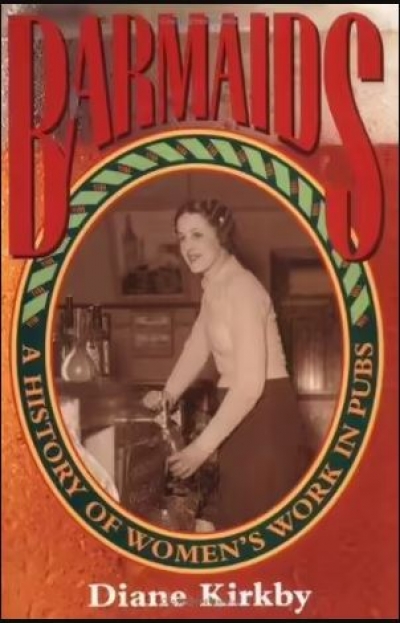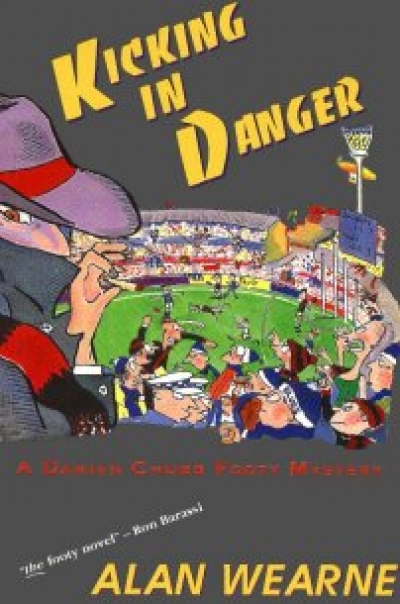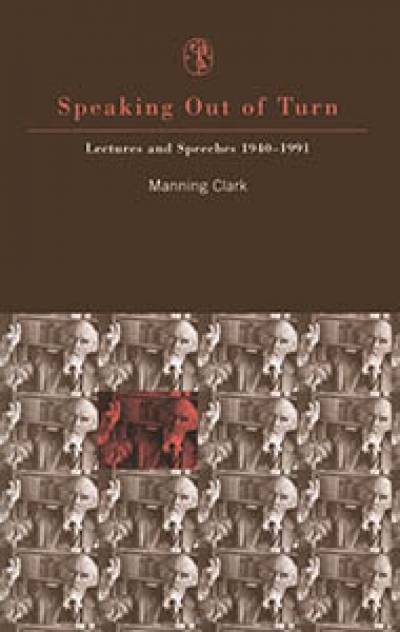Archive
Barmaids: A history of women’s work in pubs by Diane Kirkby
by Joy Damousi •
Fathers in Writing edited by Ross Fitzgerald and Ken Spillman
by Delia Falconer •
A Nation at War: Australian politics, society and diplomacy during the Vietnam War, 1965–1975 by Peter Edwards
by Peter Pierce •
Literary culture in Australia seems to me to be in state of some disorder, not least because of the state of reviewing. Many reviews are banal, slipshod, dull and as if written in a cultural vacuum.
... (read more)I was only two bites into a corned beef and pickle sandwich and surrounded by unmarked exam papers when one of my students, Nod Clay, walked up and asked me to write him a reference.
‘You got a job interview Nod?’
‘No it’s for court, for assault.’
‘What sort of assault?’
‘With a brick.’
‘Jesus Nod…’
I pushed my chair away from the desk and folded my arms.
... (read more)








